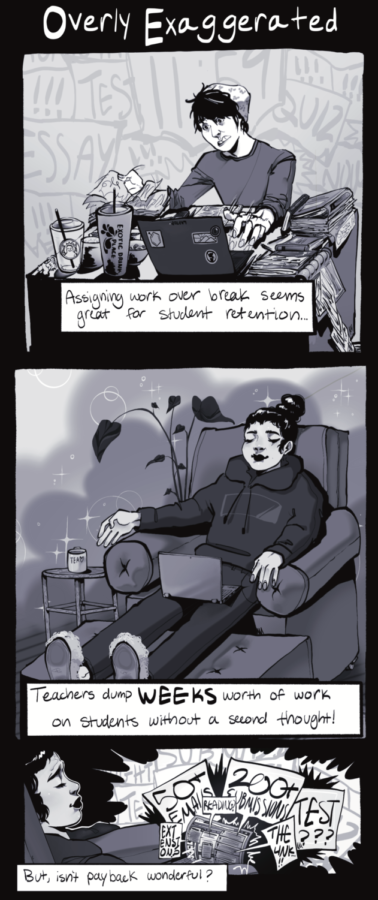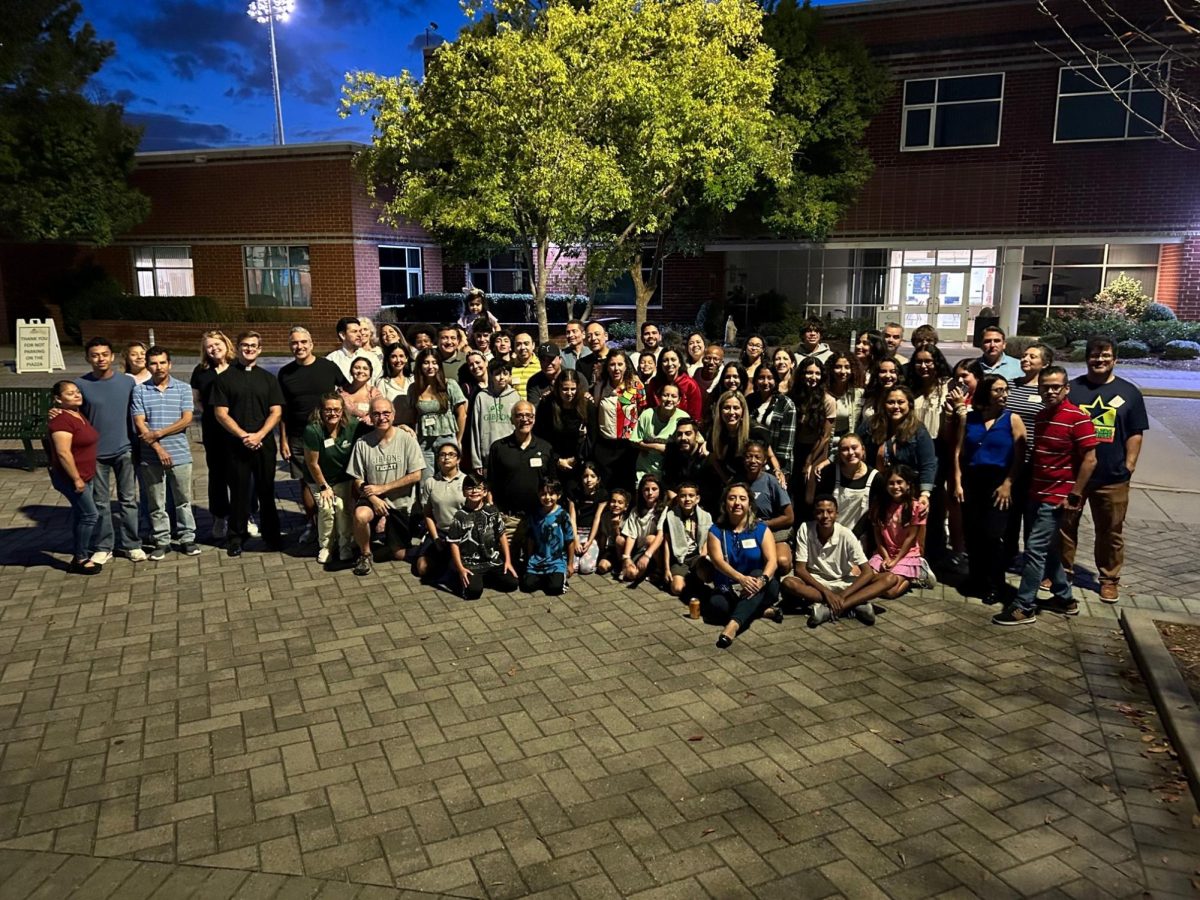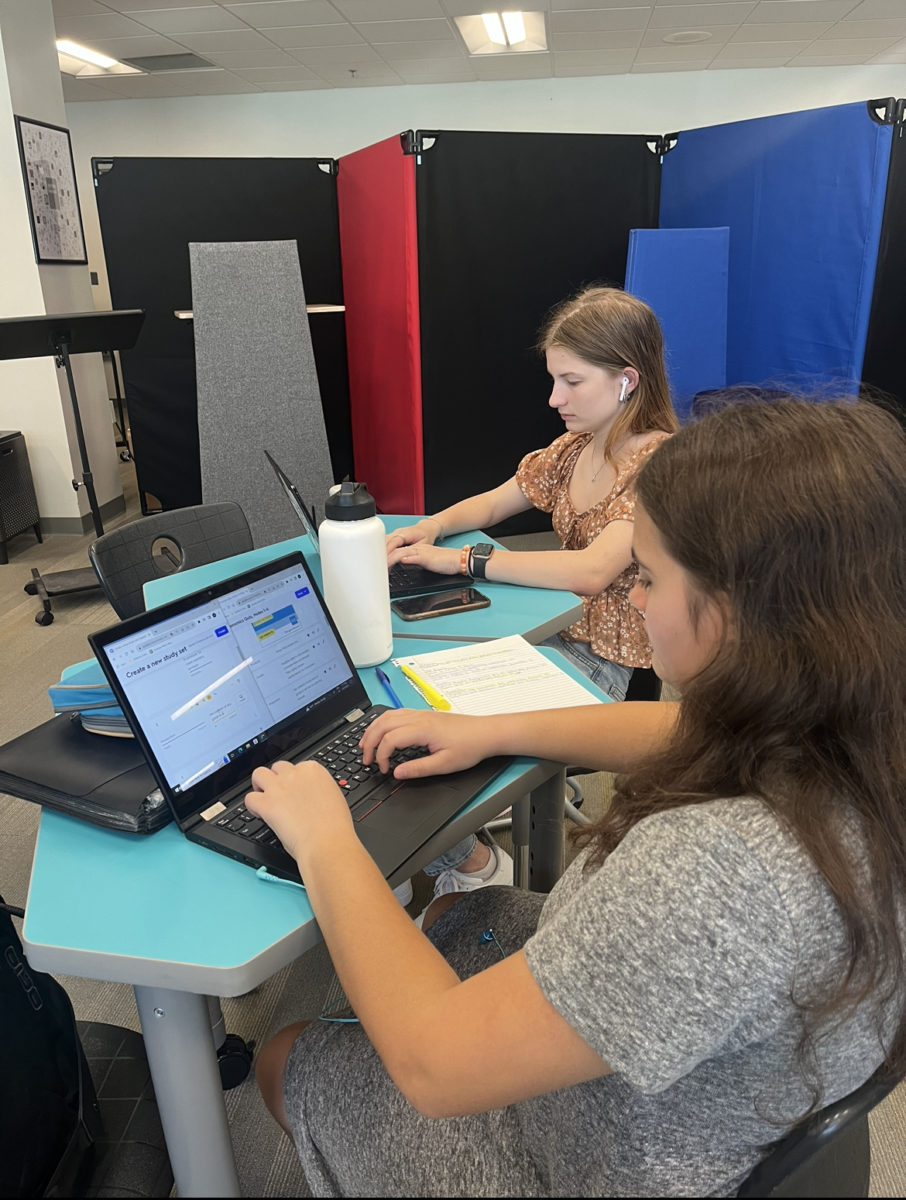1. Out of Sight, Out of Mind
Remove your phone from your line of sight so you’re not tempted to check it. You can put your phone in another room, or have someone near you hide it or keep it for you during your studying period. You can retrieve your phone after the study session but this way, you will be able to stay on task, concentrated, and solely focus on your learning!
2. Organize, Organize, Organize!
Invest in a planner/agenda. This is a more efficient way to organize due dates, quiz dates, test dates, and other important information. Color code your supplies and create your own style that is enjoyable to use and will help you actually enjoy studying.
Example Agenda Color Coding Key:

*This is just an example. You can color code however you’d like. Another example is color coding based on the subject.
3. Find a Quiet Space
Take your materials somewhere quiet where distractions are limited. Where you decide to work depends on you. If you find it difficult to focus in a completely silent room, then settle somewhere quiet with light background noise. Try to stay away from areas with heavy traffic and lots of movement.
4. Set Times
Schedule reasonable blocks of time for each subject or area of your session. Select periods where you have plenty of time but no excessive time. Regardless of your progress and where you’re at in the subject, move on to the next one when the time is up. This allows you to balance each subject according to the weight and workload.
5. Seek Help When Needed
Check with your teacher to see when they are available for you to ask questions and seek help. Ask questions in class and actively participate in discussions, so you feel involved in learning. This may seem easier said than done however, it does help tremendously to be involved in learning. Office hours are a great time to come talk to teachers about extra help. Office hours are from 7:45-8:30 in the morning.
6. Use Online Resources
If you need help with a certain subject, try Khan Academy! They provide customized material and courses for you to learn from. You can watch videos, practice, and even see what others are saying and questions they may have. Quizlet is also a fantastic way to effectively study. There are several different modes to help you comprehend the content in its entirety. You can use the Flashcards, Learn, Test, and Match modes. The tests are customizable, so you can choose how you want to be tested. This is helpful if you are preparing for an assessment that you know the format of. There are many other available tools on the internet for you to use, so do some exploring!
7. Blurt Studying
One effective method is blurt studying. In this method, you write out all of the material you need to memorize or comprehend. It works best to physically write this down on paper. Take time to look over the material for 25 minutes, then write down everything you recall. On the same piece of paper, write down everything you missed and highlight it. Repeat this process until you memorize or understand everything.
8. Find Your Learning Style
There are many sites you can visit that will help you determine your learning style by answering a number of multiple choice questions. A great site to visit is educationplanner.org. If you search “learning style quiz” on your computer or phone, EducationPlanner.org will likely be the first link that pops up. By completing the 20 question quiz, you will be able to better understand how you learn and therefore how you study best.
9. Find a Study Buddy
Finding a peer who is taking the same or similar class is valuable. Studying with another person is a great way to dive deeper into the material while helping each other out. Asking verbal questions, using flashcards, and even creating practice questions/tests for one another are all helpful ways to effectively study with a buddy!
10. Take Breaks
The longer you study, the longer breaks you should have in between. This helps to space out your studying, so you avoid overloading yourself with information. For example, a study period of 45 minutes should require a longer break than a study period of 25 minutes. Don’t force too much on yourself! You know your limits. By taking breaks, you allow yourself time to let the information you just studied sink in while getting your mind off of other tasks that need to be done. Watch a show, listen to music, go outside; do something that requires little to no thinking!































